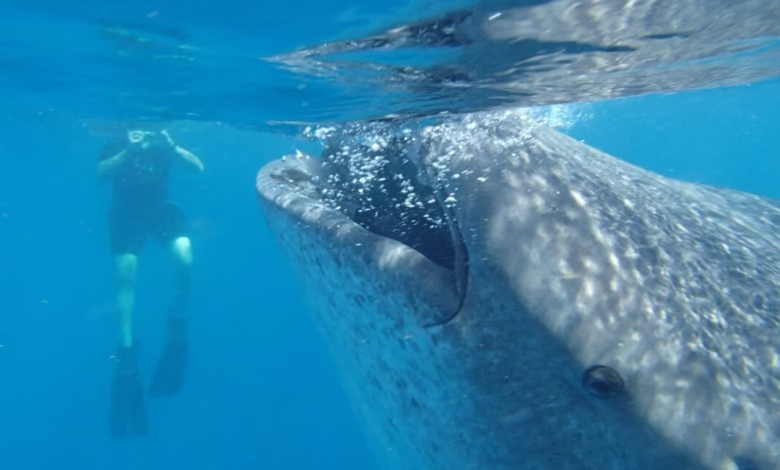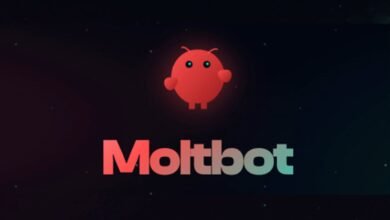New Marine Animal Size Database: A ‘Library of Life’

▼ Summary
– The MOBS database collects body size data for over 85,000 marine species, aiding research on ocean biodiversity and ecosystems.
– Currently covering 40% of described marine species, MOBS aims to reach 75% coverage and is available as an open-access resource on GitHub.
– Marine ecologist Craig McClain highlights the lack of comprehensive body size data for marine invertebrates compared to terrestrial animals.
– The database enables macroecology and macroevolution studies by providing a “library of marine life” for analysis.
– Body size is a crucial trait linked to species’ survival, movement, and evolution, challenging universal ecological “rules.”
Understanding marine life just got easier with the launch of a groundbreaking database tracking the size of ocean species worldwide. Scientists have compiled measurements for over 85,000 marine animals, from tiny plankton to massive whales, creating an invaluable tool for studying biodiversity and ecosystem dynamics. This open-access resource, known as the Marine Organizational Body Size (MOBS) database, represents a major leap forward in marine research.
Currently covering 40% of all known marine species, MOBS aims to expand to 75% in the near future. The project, detailed in Global Ecology and Biogeography, provides researchers with unprecedented insights into how body size influences survival, movement, and evolution across marine ecosystems. Unlike previous studies focused mainly on land animals, this database fills a critical gap by including often-overlooked invertebrates like jellyfish and crustaceans.
“Body size isn’t just a number, it’s a fundamental aspect of how life functions,” explains marine ecologist Craig McClain, the project’s lead creator. He emphasizes that size affects everything from feeding habits to reproductive strategies, challenging long-held assumptions about universal biological rules. For instance, the behavior of a jellyfish differs drastically from that of a whale, raising questions about whether ecological principles apply uniformly across species.
By compiling this wealth of data, MOBS enables scientists to explore macroevolutionary patterns and large-scale ecological trends in ways never before possible. The database, hosted on GitHub, invites collaboration from researchers worldwide, accelerating discoveries about ocean health and species adaptation. As McClain puts it, this initiative is essentially building a “library of marine life,” offering a foundation for future conservation efforts and scientific breakthroughs.
With climate change and habitat loss threatening marine biodiversity, tools like MOBS are more crucial than ever. By analyzing how body size correlates with environmental shifts, scientists can better predict which species may thrive or decline, a vital step in protecting our oceans for generations to come.
(Source: Ars Technica)





